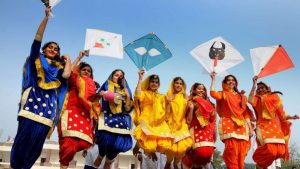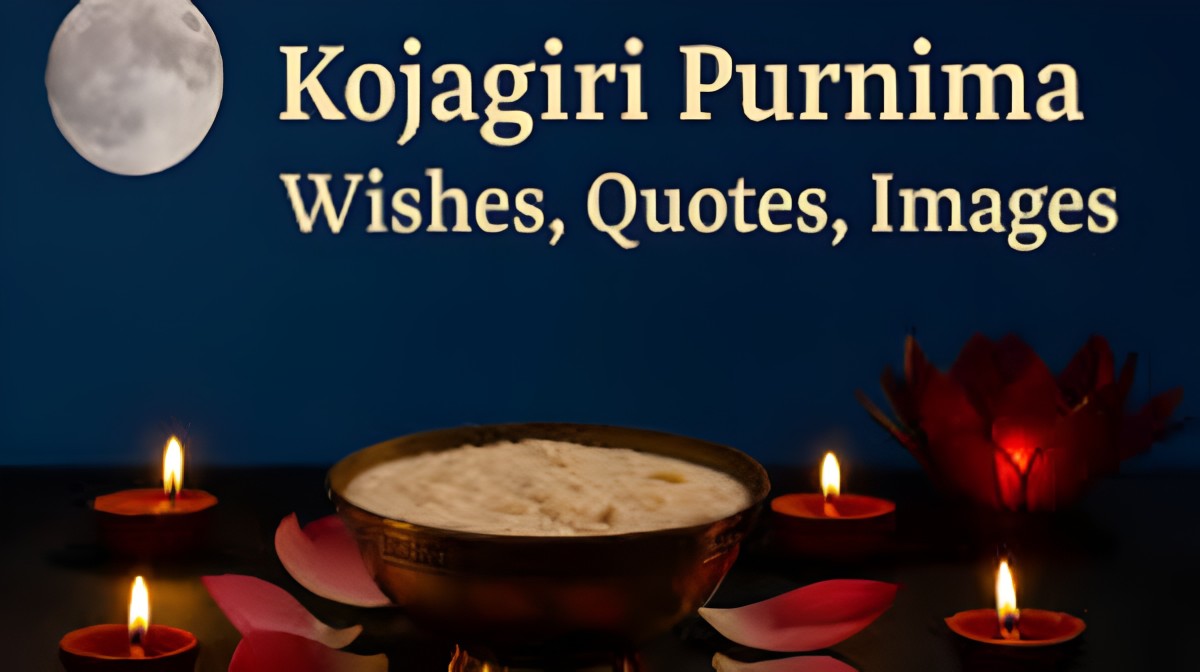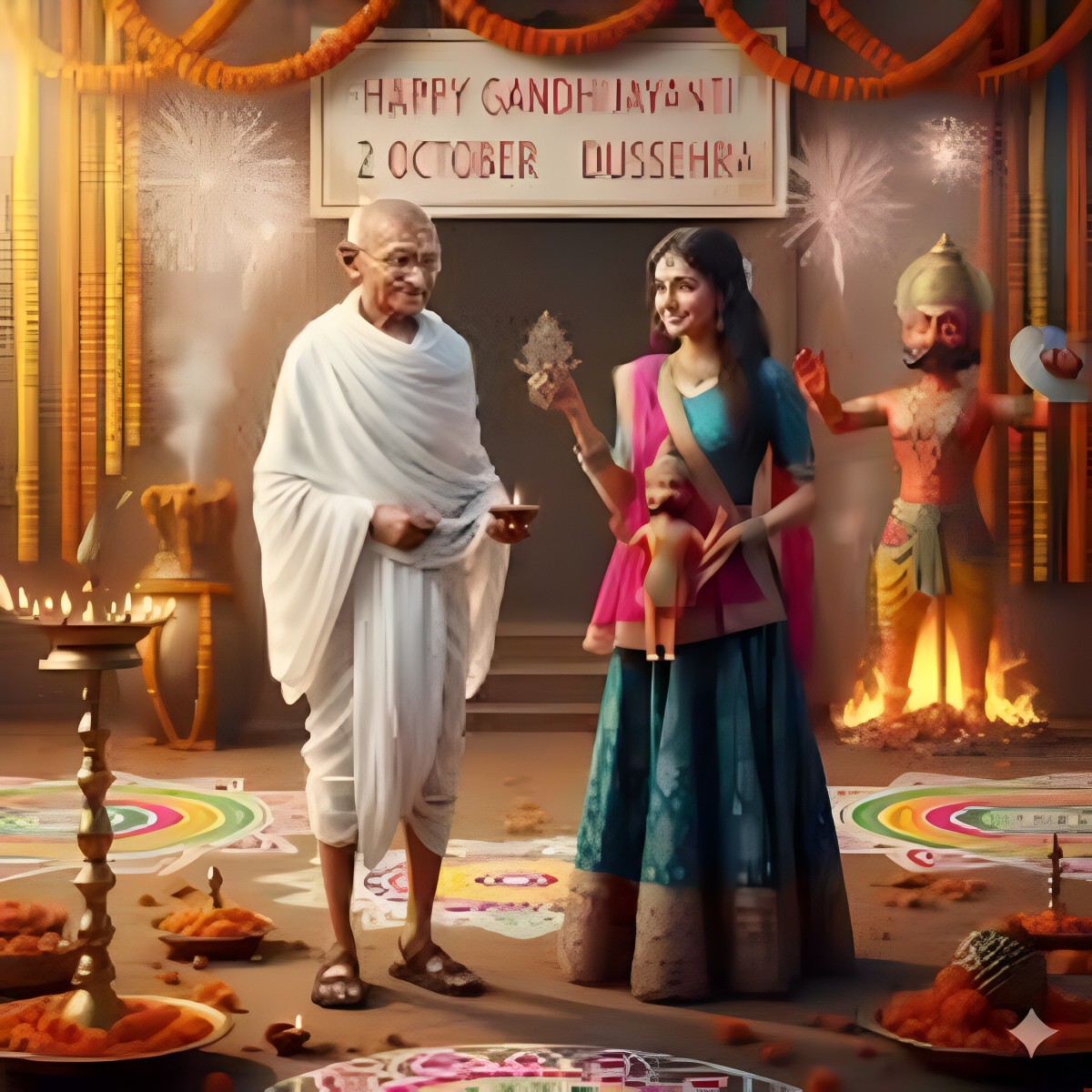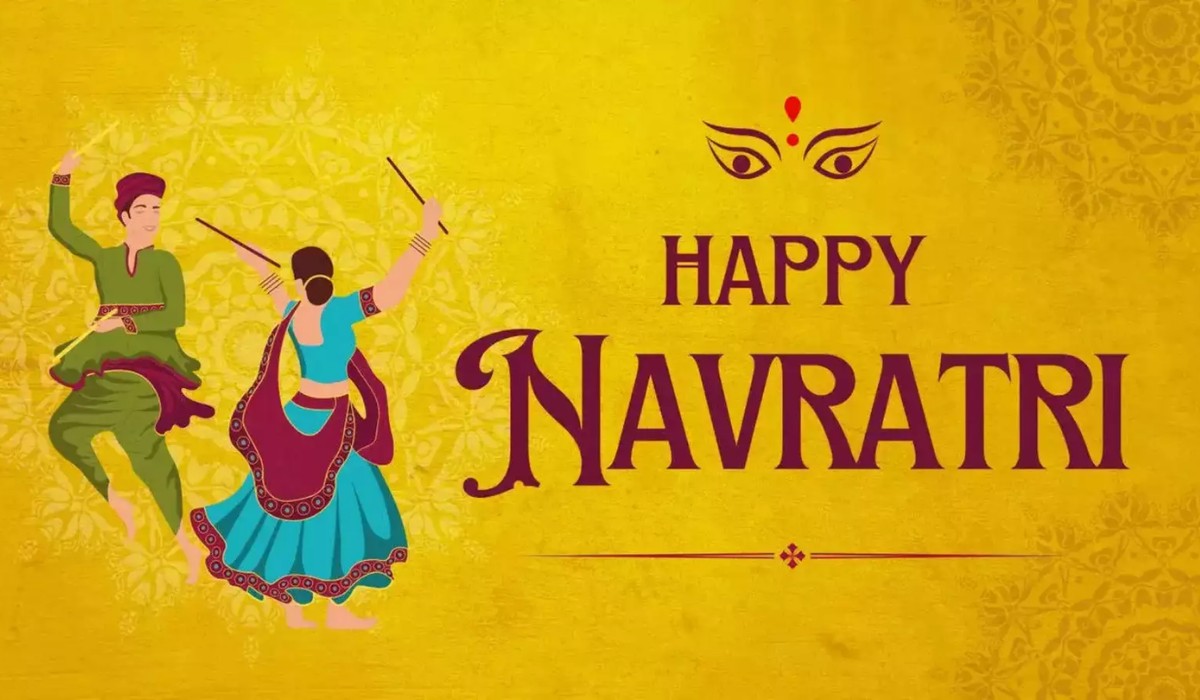Makar Sankranti refers both to a specific solar day in the Hindu calendar and a Hindu festival in reference to deity Surya (sun) that is observed in the middle 0f January every year. It marks the first day of the sun’s transit into the Makara (Capricorn) in accordance with the nirayan count of the year, marking the end of the month with the winter solstice and the start of longer days
A Hindu festival based on Solar Cycle:
Makar Sankranti is one of the few Hindu festivals that take place on the basis of the Solar cycle. While most Hindu festivals take place on the basis of the Lunar cycle.
Different places, different Names:
Almost every Indian state celebrates the festival with different names. In Haryana and Punjab, it is known as Lohri, Uttar Pradesh – Kichdi, Assam- Bhogali, Bihar- Til Sankranti, Tamil Nadu- Pongal.
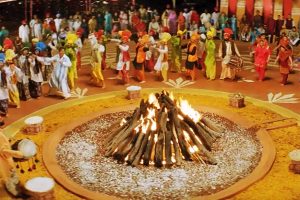
The beginning of the auspicious spring season:
The festival marks the end of winter and the beginning of warmer and longer days of the spring season. The festival and day are regarded auspicious as the days are considered sacred overnights by the Hindus.
The significance of flying kites:
Gathering and flying kites are termed as an auspicious ritual of the festival. The main significance of the ritual indicates the old tradition where surviving a long winter season includes a lot of infections and sickness. So, basking in the sun would help to kill all the bad bacteria to a certain extent.
The story of Bhisma’s death on Makar Sankranti:
It is believed that in Mahabharat, Bhisma while lying on the bed of arrows prepared by Arjun, waited until the dawn of Makar Sankranti to finally take his last breath.
A festival of Gudd and Til:
Do you know, why we say, “Til Gudd Kha Gudd Gudd Bola”? It is believed that the Lord Sun never got along with his son Shani. On the day of Makar Sankranti, Lord Sun visits Shani and finally forgives him. The festival is marked as a day of Forgiveness, forgetting past quarrels, and say words of love.
The significance of cow worship on Makar Sankranti:
The worship of cows is defined as a god sent aid for agriculture. It is believed that Shiva ordered Nandi to remain on Earth and help the people plow the fields as they would need more food grains now.
Makar Sankranti is the Thanksgiving of India:
The festival is a celebration of the harvest, a day to greet family, share a meal together, and exchange pleasantries.









